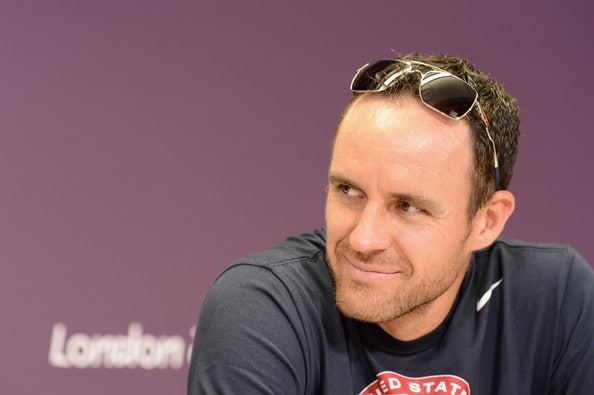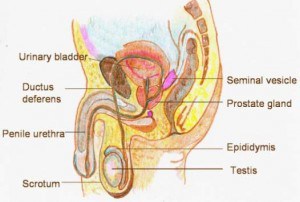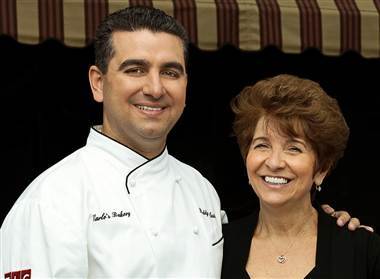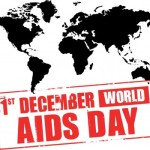US Olympic Beach Volleyball Player, Jake Gibb is Two Time Cancer Survivor!

2011 was the toughest year of my life.
Fortunately 2012 for US Olympic Beach Volleyball player Jake Gibb seems to be going quite a bit better. He and partner Sean Rosenthal won their first match today against South Africans Chiya and Goldschmidt.
But the 36-yr-old wasn’t sure he’d even be at this year’s Olympics. In December 2010, he was diagnosed with testicular cancer.
Gibb was originally told that he would have to undergo three rounds of chemotherapy after surgical removal of the cancer. This would have eliminated any chance for Gibb to train/qualify for the Olympic team.
But finding out that the chemotherapy would not be necessary was what Gibb called “the biggest relief…. and joy of my life!”
But amazingly, this was not even Jake Gibb’s first run-in with cancer! Seven years earlier he was he had a malignant melanoma removed from his left shoulder.
Good luck Jake and Sean! We’re rooting for you!
Ten Things to Know About Testicular Cancer
 1. Testicular cancer is a disease in which malignant (cancer) cells form in the tissues of one or both testicles.
1. Testicular cancer is a disease in which malignant (cancer) cells form in the tissues of one or both testicles.
2. It is the leading cancer in men between the ages of 15 and 35
3. The American Cancer Society’s estimates that in 2012, in United States:
- About 8,590 new cases of testicular cancer will be diagnosed.
- About 360 men will die of testicular cancer.
4. There are two main types of testicular cancer- seminomas and nonseminomas.
5. Both kinds of cancer originate from the testicular germ cells but grow and spread differently and are treated differently. Germ cells are cells that contain the genetic material which an organism can pass on to its offspring.
6. Nonseminomas tend to grow and spread more quickly than seminomas.
7. Seminomas are more sensitive to radiation.
8. Risk factors for testicular cancer include:
- Having had an undescended testicle (a testicle that stays in the abdomen instead of coming down into the scrotum before birth).
- Having had abnormal development of the testicles.
- Having a personal or family history of testicular cancer.
- Being white.
9. Possible signs of testicular cancer include swelling or discomfort in the scrotum.
10. Other symptoms of testicular cancer include:
- A painless lump or swelling in either testicle.
- A change in how the testicle feels.
- A dull ache in the lower abdomen or the groin.
- A sudden build-up of fluid in the scrotum.
- Pain or discomfort in a testicle or in the scrotum.
An extensive discussion of testicular cancer treatment can be found in our Resounding Health casebook on Testicular Cancer.



























0 comments